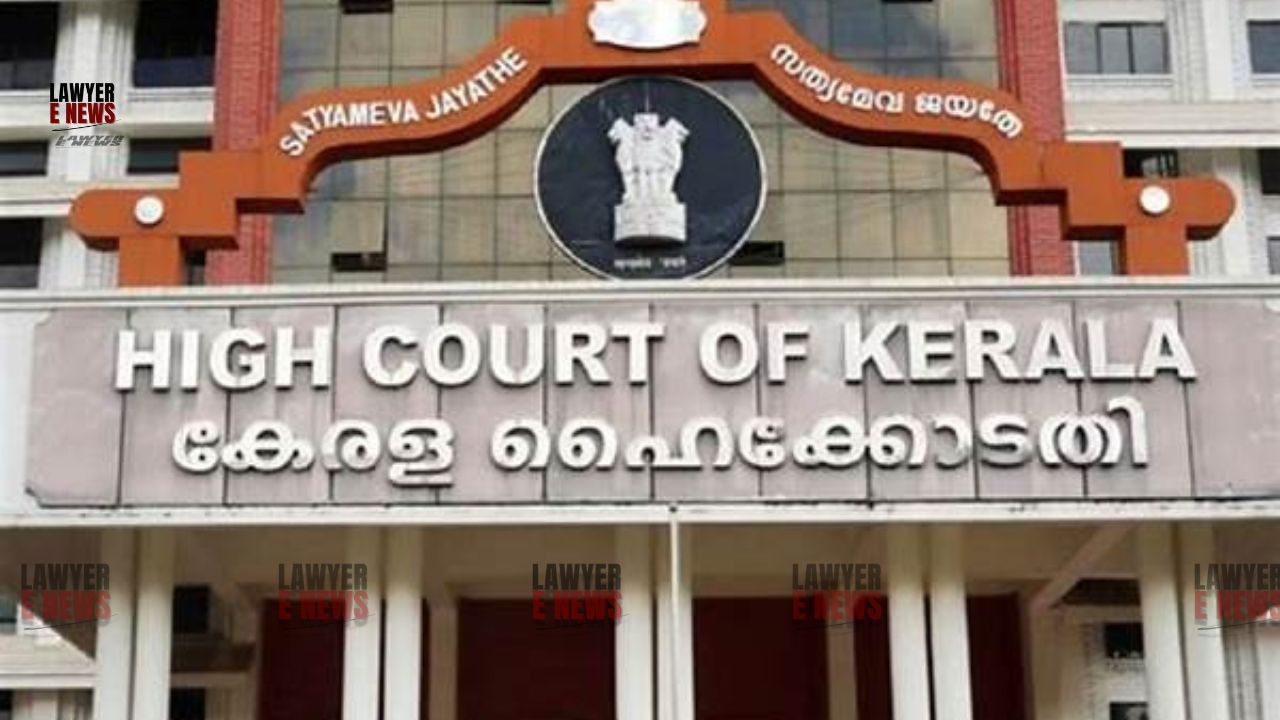-
by Admin
15 February 2026 5:35 AM



Kerala High Court granted bail to Prakash, accused of attempting to murder his wife by allegedly brandishing a sword and ramming a car into her gate. Justice C.S. Dias emphasized the principle that bail is the rule, and jail is the exception, and held that further detention was unnecessary as the investigation was nearly complete and recovery had been effected.
The prosecution alleged that the petitioner, amidst marital discord, brandished a sword at his wife on October 9, 2024, and later drove his car into her house gate, causing the gate to fall and fracture her leg. The petitioner, remanded to judicial custody on October 11, 2024, sought bail under Section 483 of the Bharatiya Nagarik Suraksha Sanhita, 2023, citing prolonged detention and completion of the investigation.
The prosecution opposed bail, highlighting the petitioner’s criminal antecedents, including prior cases under the Abkari Act and the NDPS Act, and his inclusion in the rowdy list. Concerns of witness intimidation and evidence tampering were also raised.
The Court noted that the petitioner had been in custody for 40 days and that the investigation was "practically complete," with no ongoing need for detention. Justice C.S. Dias stated:
"Continued detention when the investigation is complete serves no purpose and contravenes the principle that bail is not to be withheld as punishment."
Relying on Maulana Mohd. Amir Rashadi v. State of U.P., the Court held that prior criminal records cannot, by themselves, justify denial of bail. It emphasized:
"Past antecedents are relevant but not determinative. The focus should remain on the facts of the current case and the petitioner’s compliance with bail conditions."
Citing Manish Sisodia v. Directorate of Enforcement, the Court reiterated:
"The principle that bail is the rule and jail is the exception must guide judicial discretion. Excessive caution in granting bail overburdens higher courts and undermines the liberty of the accused."
The Court allowed the bail application, directing the petitioner to furnish a bond of ₹50,000 with two solvent sureties and imposed the following conditions to address concerns of misuse:
Weekly Appearance: The petitioner must appear before the Investigating Officer every Saturday until the final report is filed.
Non-Interference: The petitioner must not intimidate witnesses, tamper with evidence, or commit any further offenses.
Passport Surrender: The petitioner must surrender his passport or file an affidavit if unavailable.
Violation Consequences: Any breach of conditions would empower the jurisdictional court to cancel bail.
The Court clarified that these conditions would safeguard the investigation while allowing the petitioner to exercise his right to liberty.
The Kerala High Court's decision underscores the judiciary’s commitment to balancing individual rights with the need to ensure justice. The ruling serves as a reminder of the fundamental principle that pretrial detention should not be punitive and should only continue when justified by ongoing investigative needs.
Date of Decision: November 25, 2024
